|
Photo: borosjuli Negative self-talk erupted out of a co-worker’s mouth, causing me to cringe. “You shouldn’t talk that way about yourself,” I said. A former co-worker lives by the mantra, “What you tell yourself really matters.” And she’s right. Our thoughts and words are powerful. We can be our harshest critics, but at the end of the day, we still have to live with ourselves. So maybe it’s time we stop beating ourselves up and replace negative self-talk with pep talks. The pep talk Evan Baxter gave himself in the movie “Evan Almighty” comes to mind: “I am successful, I am powerful, I am handsome, I am happy.” Saying those words to himself in the mirror was part of his daily morning routine, a reminder of his job status, his influence, his looks, and his feelings or state of being. He knew that even if he didn’t feel those things at the time he said them, saying them aloud would reiterate their truth and importance. I also think of the movie “The Help,” in which housemaid Aibileen Clark encouraged the little girl in her care daily with, “You is kind, you is smart, you is important.” Aibileen would look the girl in the eyes and say those words and then have the girl repeat them back. The woman knew the significance of feeding that growing little mind with words that would translate into positive self-talk. What about you? What do you tell yourself? Hearing others say positive things about us can be good, but if we don’t internalize and believe those things personally, they carry little weight. We have to believe those characteristics others see in us have merit in order to take them to heart and live them as truth. I think you are kind, smart, and important. It’s time you started telling yourself the same things.
0 Comments
Photo: Nicholas Doumani Zing! Another judgmental thought whizzed through my brain. And another. And another. They just kept coming. “That shirt doesn’t go with those pants.” “He shouldn’t wear skinny jeans.” “She looks anorexic.” “That outfit isn’t work-appropriate.” The thoughts wouldn’t stop. But something inside me did. All of a sudden, I thought, “Who am I to judge?” And I started to wonder about the thoughts and judgments people pass my way when they see me. It’s easy to judge others by their appearance. Why is that? Do we want those same judgments cast on us? What do we want people to think or remember when they see us? By judging others, we put ourselves above them. But what makes me any better than anyone else? It’s a dog eat dog world we live in. But maybe it’s time we turn that around. What would it take for us to stop and see the good in those around us? Yes, even if they vote differently than we do. You can’t necessarily tell at first appearance what someone is going through. Shouldn’t we give them the benefit of the doubt? I had the privilege of participating in a Cancer Survivors Celebration Day a few weeks ago. Some of the people I encountered were really hurting. Their pain was fresh. Yet, they were there to celebrate life, regardless. Why can’t we do that? Instead of judging, let’s celebrate each other. Each of us has something unique to contribute. Sure, we all make mistakes, but we all have good in us too. And maybe we should spend less time casting judgments on one another and more time looking to uncover and bring out that good. Although we’re all different, we’re all really the same: in need of love. Will you show love to someone around you today? Photo: Paxson Woelber One man’s actions affected thousands of people across the country when he abandoned his rental car at a curb at Sky Harbor International Airport in Phoenix, Arizona, shutting down a terminal. He was probably running late for his flight and wanted to hurry inside the airport and get on his way. Five hours later, the airport terminal finally reopened after police deemed the car not a threat — but the damage had been done. Three hundred flights had been delayed and others canceled, affecting travelers not just in the Phoenix area, but nationwide. It’s easy to point fingers and judge the guy, but any of us could have done something similar. We often fail to assess how our actions could affect anyone beyond us. And yet, like in this scenario, others are often the victims of our choices, good or bad. I bet when the man woke up that morning, he had no idea how many people his day’s actions would affect. How could he? Yet our actions can and do impact those around us — even people we don’t know. Think about it, when a couple you know gets a divorce, for example, it can kind of put you in the middle, as you feel like you have to divide your loyalties between the two instead of being loyal to the unit. One of my cousins recently passed away. When he awoke the morning of his last day here on Earth, I’m sure he didn’t know it was his final day. And he may not have realized the impact he had made on all of the lives he had encountered in his 45 years. More than 300 people showed up to celebrate his life at a memorial service, all touched in one way or another by the words and actions of my cousin. But that wasn’t the extent of his influence. Many others who would have liked to have paid their respects couldn’t afford the time or airfare to get to Alaska for the service. You are influential. Whatever you do today can have a lasting effect. I for one am going to try to keep that in mind. I hope you’ll join me. Photo: Christopher Ebarb My husband told me I should sit and do nothing. In today’s fast-paced society, doing nothing takes effort, especially for someone like me who enjoys being busy. “I’ll fall asleep,” I told him. And yet, a Business Insider article reveals idle time actually leads to better productivity. I have to admit inspiration tends to strike when I’m working in the yard or taking a shower, a deviation from my normal state of busyness. But I’m still “doing” in those instances. What would happen if I did nothing? Would I truly fall asleep? Men may find it easier to be idle as they, unlike women, actually have a “nothing box,” according to Mark Gungor, chief executive officer of Laugh Your Way America. Men’s brains are like waffles, after all, with compartmentalized subjects. Women’s brains, on the other hand, tend to be more like spaghetti, wherein each subject is related to another. One thought leads to another about a linked topic and to another and so on. A nothing box? That’s a joke. Most women’s brains never stop thinking. And therein lies the crux. The brain is complex. It needs times of rest to reboot, so to speak, similar to the way our “smart” phones require occasional restarts to improve performance. Perhaps a man’s time spent in his nothing box inspires him. Author Sandi Mann wrote an entire book about the subject of downtime. (Maybe she was bored.) Titled “The Science of Boredom: Why Boredom Is Good,” the book reveals how boredom “can be a catalyst for humor, fun, reflection, creativity and inspiration.” I remember times of boredom in my childhood, when technology was much less prevalent than it is today. Those times forced me to expand my thoughts. I had to come up with things to do to avoid being bored. That feeling led me to read books and increase my knowledge, play solitary games and learn to strategize, and be productive and contribute to the household chores without being asked. Maybe boredom and inactivity really are good things, and we should facilitate them in our daily lives and encourage those around us to do likewise. I’m still experimenting with doing nothing. It definitely does not come easy for me. But thanks to this research, I’m not completely opposed to the idea. What about you? Are you willing to give it a try? Photo: Lena Del Ray It’s not normal to be afraid of bushes. Is it? I found myself nervous to enter our backyard and eyed our oleanders with caution. My kids had used a black light to illuminate the bushes and had seen several scorpions hiding there. They asked if I wanted to see them too. I declined. If I didn’t see them, they couldn’t exist. At least that’s what I wanted to believe. I’ve done yard work regularly over the past two decades without any issues other than occasional ant bites. But on my most recent venture into the backyard, my nerves were on high alert. Yet, the only difference between earlier treks there and this one was awareness. I liked it better when I didn’t know scorpions hung out in my bushes. Knowing they were there gave me a sense of fear. Sometimes fear can paralyze us and keep us from performing certain tasks. Fear comes in lots of shapes and sizes:
Fear can result in good. In my junior high days, I made the girls’ softball team. In our first exhibition game, against the faculty, I was assigned to play left field. When one of the teachers hit a pop fly in my direction, all eyes focused on me to see if I’d catch the ball or drop it. Fear ranked pretty high in my thoughts during that game. Fortunately, I did catch the ball, resulting in the third out for the faculty for that inning. That event boosted my confidence, and I ended up playing left field the rest of that softball season and the next two. Fear triggers an adrenaline rush, which can help you face the fear or quickly flee from it. In my softball days, that rush helped me face and overcome my anxiety. It could have turned out differently. Thankfully, it didn’t. As I eyed our backyard bushes, I heard rustling. My dog emerged, obviously unafraid of any creepy-crawlies lurking there. If she had no fear, why should I? Our leaf trimmer roared to life, and I trimmed the oleanders, never seeing a single scorpion. Fear versus respect There’s often a difference between fear and respect. Fearing clowns, for example, doesn’t necessarily mean you respect them. But you can have a healthy respect for falling that conveys as a fear of heights. Personally, I have a healthy respect for scorpions. I hope they have the same for me. Photo: Keith Chastain On tour with the Commemorative Air Force Airbase Arizona’s B-25 WWII bomber plane, I talk to lots of strangers. As the ride coordinator (yes, the plane still flies, and yes, we do sell rides on it), it’s part of my job. Despite being a natural introvert, I find the experience exhilarating. People come up and ask all kinds of questions. I don’t have all of the answers, but I’m able to point individuals to fellow volunteers who do have the answers. Together, we make a great team. I don’t feel nervous to talk to these strangers, nor worried when I can’t answer their questions. Similarly, folks aren’t afraid to ask the queries on their minds. It’s a give-give relationship. I typically don’t initiate a lot of conversations except to say hi and to see if I can help with anything. People come to see a true wonder, one of only about 30 B-25s still flying today — out of 10,000 that were built in the ’40s. Contrast that with meeting strangers in an elevator. Everyone clams up and stares at the door, waiting for their turn to exit. As part of tour, we volunteers wear uniform shirts that advertise our organization, as well as our names. It’s a little hard to hide in that situation. And it actually serves as a conversation starter in elevators. People are curious and want to know more. Because we’re on tour for two weeks at a time and wear basically the same thing every day (uniforms), the need to do laundry quickly arises. While at a laundromat to wash that need away, I thought I could advertise for our organization and try to sell some rides on our plane. When I entered the establishment, however, I wanted to hide and blend in, not draw attention to myself. But my name on my shirt made me a bit conspicuous and confounded that desire. In spite of my introverted tendencies, no one seemed interested in me or my shirt. In fact, no one even talked to me. And I was fine with that. What’s different between greeting strangers at our airplane and greeting them in an elevator or at a laundromat? I guess I’m more in my comfort zone at the airplane. I have an assigned job and know what’s expected of me. At the laundromat, I have a different job: to do my laundry as a civilian like all of the other civilians there. I’m out of my element of washing my clothes in the comfort of my home. And in an elevator, well, that’s even more different altogether. Regardless of the situation, though, strangers are people and deserve to be treated as such. Photo: Aaron B Technology has evolved to the point that we find ourselves chatting online with robots and navigating automated phone systems. But the PwC Future of Customer Experience Survey 2017/18 found 82% of Americans prefer human interaction to automated alternatives. That’s a telling indicator that we crave human connections. We can do plenty on our own now simply by holding a small device in our hands: converse with friends around the world, keep up with geographically separated family, and bank and shop without talking to a live person. Yet we really long for that human contact. Having worked from home for 17 years while raising my kids before returning to the workforce, I find the corporate office environment fulfilling because of the personal encounters I experience there every day. My husband and I also volunteer at the Arizona Commemorative Air Force Museum, where I enjoy hearing the stories of fellow volunteers and customers, as well as sharing part of my life with them. Despite those interactions, I thrive on time by myself, unlike many people. As an introvert, I recharge my batteries by doing things on my own, when I can think through and process daily and weekly events. But too much alone time is not a good thing and can lead my thoughts down a dangerous path. I long for human connections. One of the best things about interacting with people is it can produce laughter, which is a natural stress release with the power to lighten our moods. We need each other, plain and simple. Technology has in many ways made our lives easier, but in other ways, it’s isolated us. Human interactions enrich our lives. We weren’t made to be alone. We truly need each other. Don’t believe me? The next time you find yourself feeling unfulfilled, I suggest you put your phone down and reach out to a friend or family member, or even start a conversation with a stranger. You might be amazed at the emotional boost you experience as a result. Photo: RelVio Loneliness is on the rise, despite our growing connectedness through social media. That’s what a 2018 report by Cigna found. The company surveyed 20,000 Americans to learn their level of solitude and what’s behind it. Those most affected by loneliness are young adults between the ages of 18 and 22. They no longer fit in with the familiarity of their high school days, but neither do they feel they fit in with adults. It’s a strange time in life. I remember feeling that awkwardness in my day. I’ve had other lonely times, as well: when I was a stay-at-home mom of my five kids and when I worked from home while my kids were in school. On my loneliest days, I found hanging out at a local coffee shop brought relief, even if I didn’t interact with a lot of people around me. Just being around people helped. "People will never forget how you made them feel." The survey found that those who have frequent, meaningful, in-person interactions are the least lonely. And that makes perfect sense. Something about those interactions makes us feel important. So are we any less important when those interactions are lacking? No, but our brains can trick us into thinking otherwise. What do we do with this information? It’s clear people need us. Someone needs your smile. Someone needs to know you care. Are you willing to step up to help? Maybe you’re lonely too. Somebody has to make the first move to reach out. Who knows? You could strike up a wonderful friendship. But even if you don’t, you will have made a difference in someone’s life just by making him or her feel important, like a woman did simply by paying for the coffee of the person behind her in line at Starbucks. As Poet Maya Angelou said, “People will forget what you said, people will forget what you did, but people will never forget how you made them feel.” I challenge you to make someone feel significant. As if we didn’t already know this by it how it makes us feel when we receive an unexpected thank-you, a new University of Chicago study published in the journal Psychological Science confirms it: A little thank-you does indeed have positive consequences. The authors of the study set out to discover if there was any truth behind thanks givers’ belief that a thank-you isn’t all that important. They found the opposite: A thank-you benefits both the giver and the receiver. Think about the last time you received a genuine note of thanks. Did it make you sad? You may have shed tears of joy at the words you read, but more than likely, the sentiment put a smile on your face. Now put yourself on the giving end. When’s the last time you wrote a message of appreciation for someone? And how did that make you feel? In all honesty, you probably did it out of a genuine heart, not to try to produce a certain result. And therein lies the key to a thank-you that goes the distance: It has to be genuine. Two Minutes to Spare The funny thing about giving thanks is that it doesn’t take much time to do, but it can leave a lasting impact. Just by taking two minutes — sometimes not even that long — to jot down a note of gratitude can make a world of difference for the receiver. Maybe that person is going through a difficult time and could really use the encouragement. Maybe he or she is second-guessing a recently made important decision. We don’t always know what’s going on in one’s psyche when we set out to deliver a message of this potential magnitude, but we don’t need to. If we’ll make a point to take advantage of the opportunities we have to thank those around us, this world will be a much better place. You don’t even have to know the person to be thankful for the part they’ve played in your life. It all stems from the heart. A co-worker of mine has been making a difference in her sphere of influence just by being aware of her surroundings and noticing when someone can use a pick-me-up. It’s that simple. We have a platform at my workplace called Recognize where we can publicly send a note of praise to a co-worker. In that channel, genuine thanks may be more unattainable as it can appear we’re trying to gain recognition for ourselves by making the note public. But more often than not, if we’re truly thankful to someone for some reason, why wouldn’t we want to make that public and let others chime in? That extra boost may be just what the recipient needs. “The gas is on the right!” I yelled at the driver who had merged into my lane in front of me, not at high enough speed to enter the freeway. She couldn’t hear me, nor did she have any idea I was shouting at her. My blood boiled. I muttered under my breath. As I jetted past her and my heart slowly returned to its normal rhythm, I questioned if I would have reacted the same way if I had met the woman under different circumstances — such as in a grocery store, with shopping carts instead of cars. I had to admit I wouldn’t have yelled to her face if she had cut me off with her grocery cart. But I had no problem giving her a piece of my mind when hiding behind the protection of my vehicle. We often apply that same hiding-behind-protection mentality to our social media presence, saying things there we wouldn’t say if the person were standing in front of us. Something about the shield of our profile makes us feel as if we can say anything that pops into our heads, regardless of how it might affect the recipient(s). Have you ever been on the receiving end of something like that? I have, and it wasn’t fun. Just as in my freeway encounter, my heart started pounding as adrenaline flooded my veins. But this time, I couldn’t think of anything else. The offense consumed my thoughts. The words in black and white had pierced me deeply, and I wanted to revert to before I had seen them. Eventually, the social media offender apologized, and our friendship was restored. But that’s not always the case. It’s easy to become careless in our treatment of others when we forget real people are on the receiving end of our outbursts. We have to remember tone doesn’t convey in written settings — or in driving with windows up settings, either. You may mean something in the nicest way, but if the person on the receiving end is having a bad day, your message could be completely twisted. Maybe it’s time we stop hiding behind our masks and admit we’re human, that we do feel hurt. And it would probably be a good idea for us to envision the recipient of our communication standing or sitting directly in front of us. It might change our words, tone, and actions. That’s what I’m going to work on. Are you with me? You might also like:
Perception Is Reality Gut Reactions You Can Run, but You Can't Hide People at Heart |
Lana GatesChristian, wife, mother of 5, breast cancer survivor, marathon finisher, writer and editor, author of "Help! I'm a Science Project" Archives
November 2018
Categories |
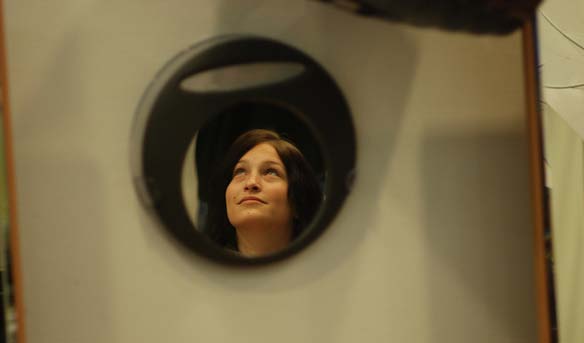



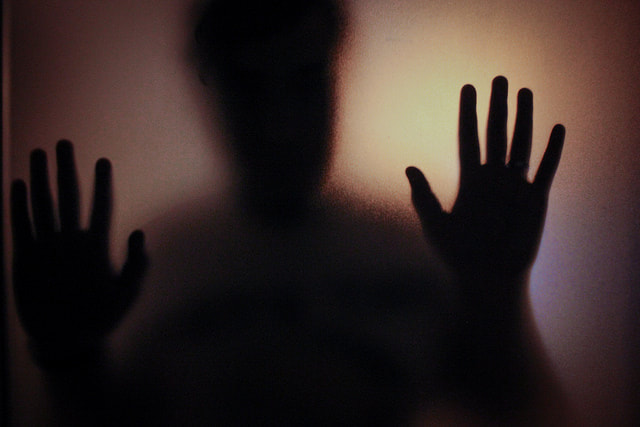
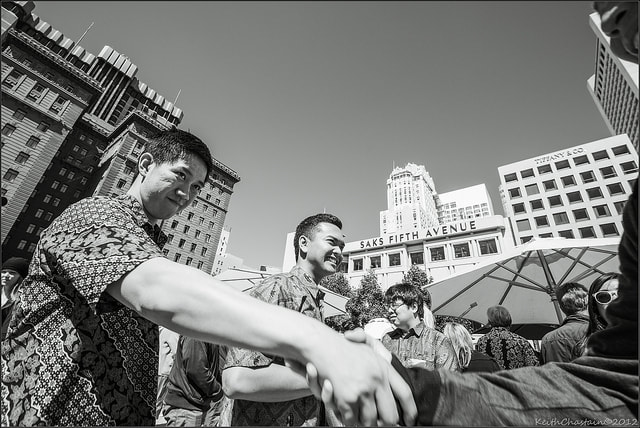
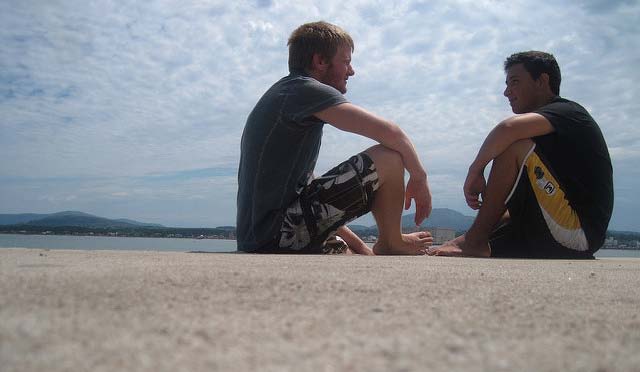

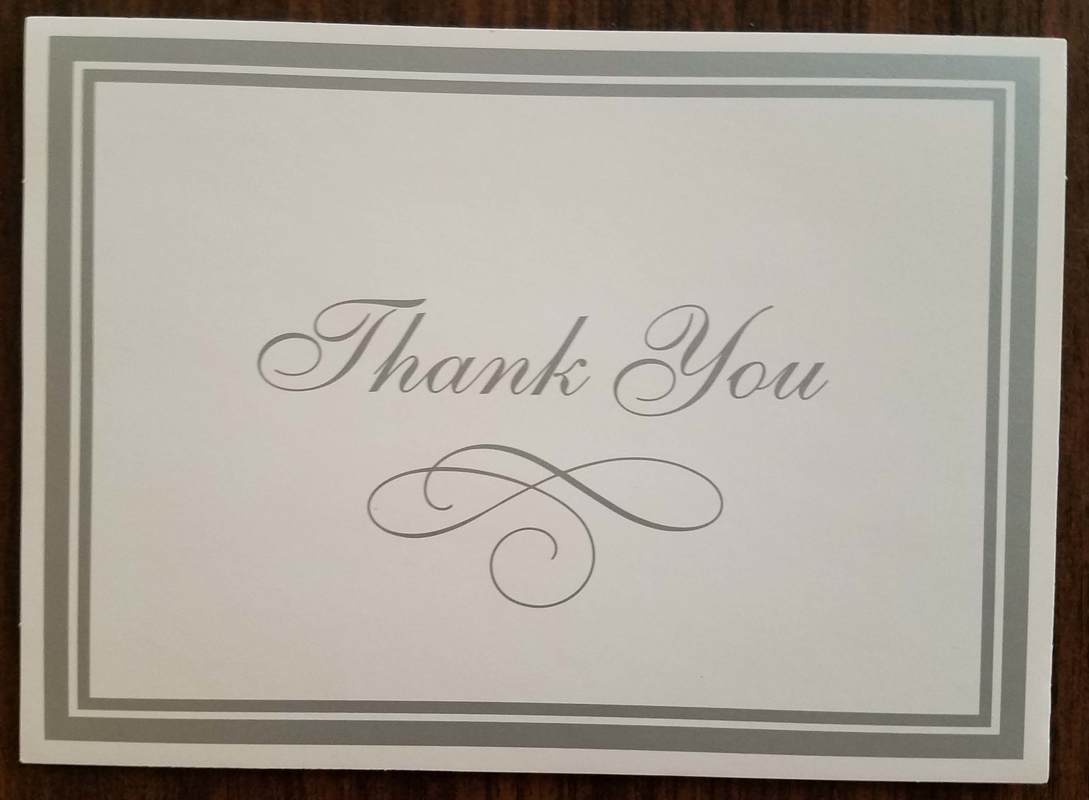
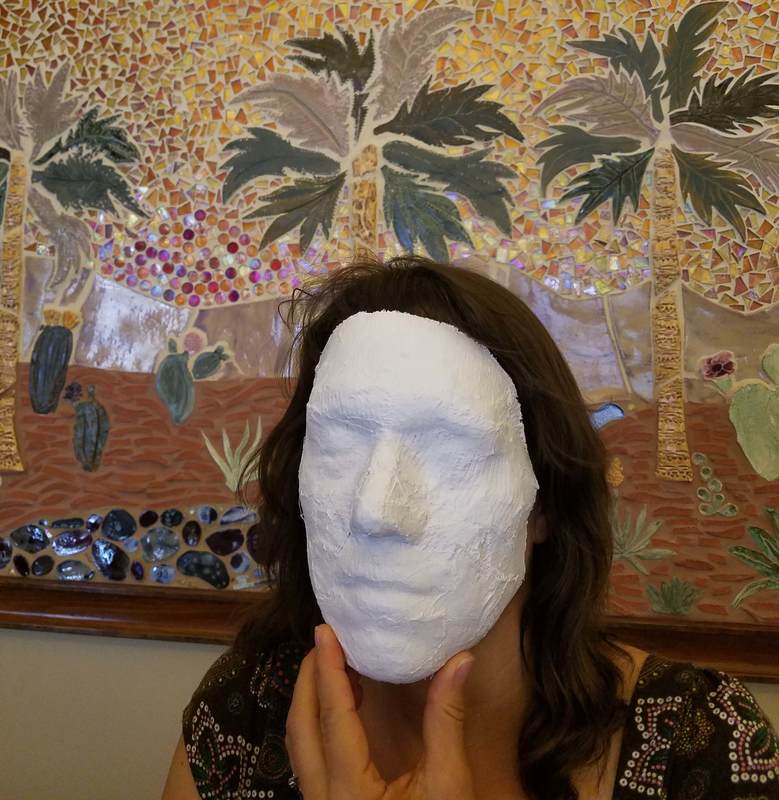
 RSS Feed
RSS Feed